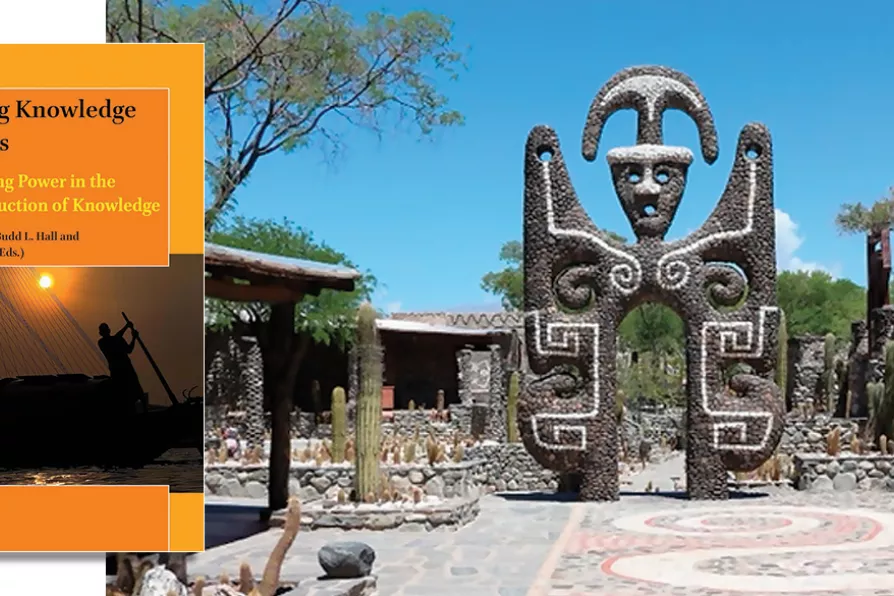JOHN GREEN, MARIA DUARTE and ANGUS REID review Fukushima: A Nuclear Nightmare, Man on the Run, If I Had Legs I’d Kick You, and Cold Storage

 ALIVE AND WELL: Pachamama, World Mother in the Aymara and Quechua languages, at the Pachamama Museum, Amaicha del Valle, Argentina
[Bernard Gagnon/CC]
ALIVE AND WELL: Pachamama, World Mother in the Aymara and Quechua languages, at the Pachamama Museum, Amaicha del Valle, Argentina
[Bernard Gagnon/CC]
Bridging Knowledge Cultures: Rebalancing power and the co-construction of knowledge
Edited by Walter Lepore, Budd L Hall and Rajesh Tandon, Brill, Free download
WHOSE knowledge counts? And how can knowledge be democratised? History “from below” – including oral history – could bring the past to life, enriching, rather than superseding, other forms of knowledge and empowering communities in diverse ways.
Bridging Knowledge Cultures explores these issues, drawing on the experiences of a number of Unesco-supported initiatives, developing partnerships between academic institutions and communities, and developing participatory research in the pursuit of sustainable development and social justice agendas.

From hunting rare pamphlets at book sales to online panels and courses on trade unionism and class politics, the MML continues connecting archive treasures with the movements fighting for a better world, writes director MEIRIAN JUMP

SALEEM BADAT and VASU REDDY introduce a new book about an outstanding interpreter of the world, and an activist scholar committed to changing society

MARJORIE MAYO welcomes challenging insights and thought-provoking criticisms of a number of widely accepted assumptions on the left

GUILLERMO THOMAS recommends a useful book aimed at informing activists with local examples of solidarity in action around the world









